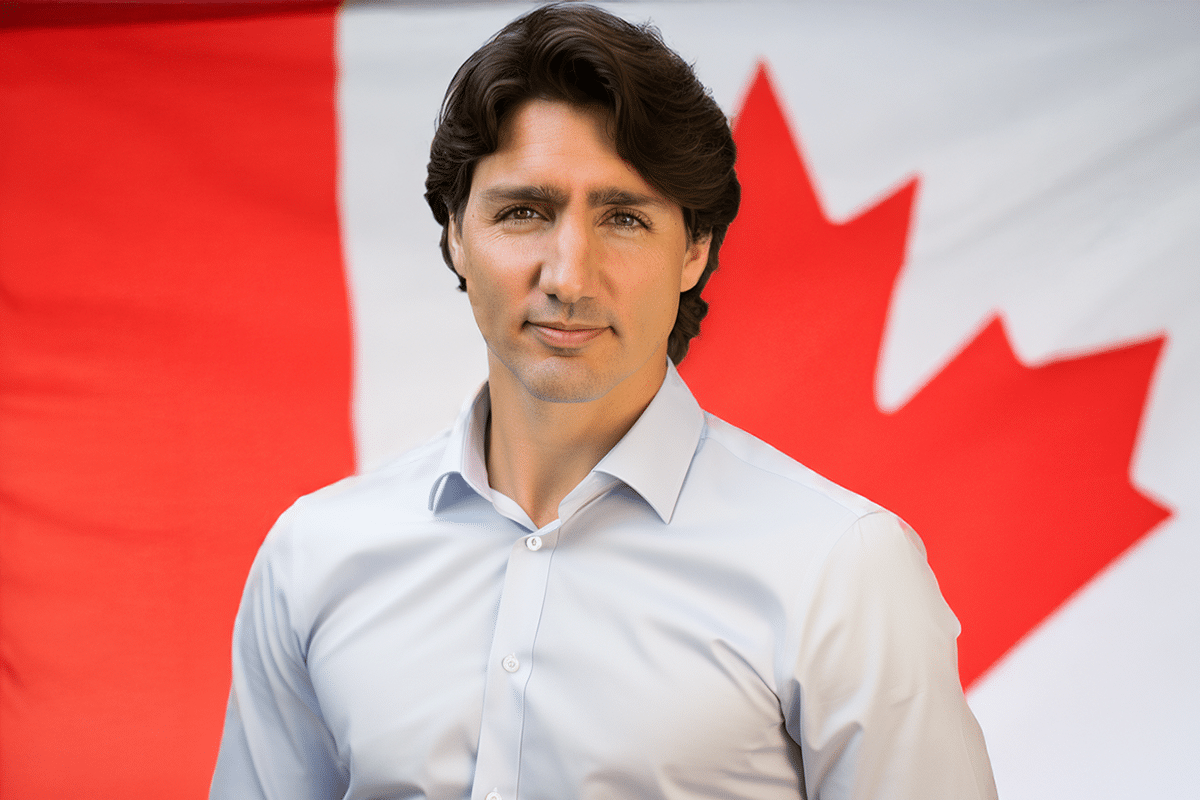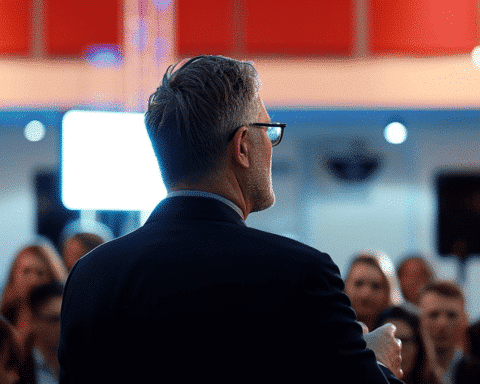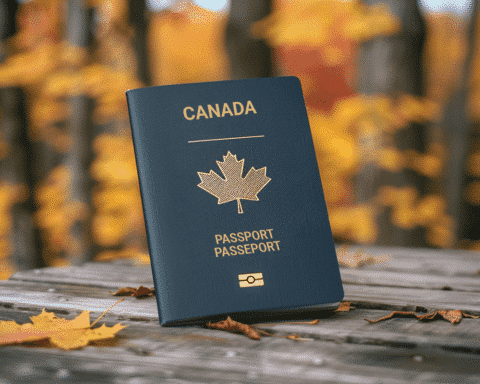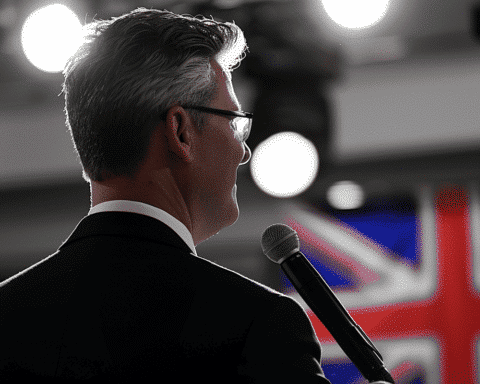Prime Minister Justin Trudeau is facing mounting pressure from within his own Liberal Party, as more than 20 members of Parliament have asked him not to run for a fourth term. This internal pushback marks one of the most significant challenges to Trudeau’s leadership as the party navigates declining public support ahead of the next federal election.
The request for Trudeau to step aside was formalized in a letter, with three MPs—Ken McDonald, Wayne Long, and Sean Casey—confirming their participation. McDonald, who has decided not to seek re-election, acknowledged that many of his colleagues running again are worried about their chances due to unfavorable polling results.
Despite these challenges, Trudeau responded to the internal dissent by insisting the party remains “strong and united” following a three-hour meeting with Liberal members. He did not, however, answer questions from reporters after the session, leaving some uncertainty about his political future.
Support for Trudeau remains among his Cabinet ministers, who have publicly downplayed the issue. They framed the internal conflict as a distraction, suggesting that the focus should remain on serving Canadians rather than party drama. However, not all Liberal MPs are fully aligned with Trudeau’s vision. While some refrained from signing the letter, they noted that the decision about his leadership ultimately lies with Trudeau himself.
Recent election losses have exacerbated concerns within the party. In two special elections held in long-standing Liberal strongholds—Toronto and Montreal—the party suffered unexpected defeats. These setbacks have cast doubt on Trudeau’s ability to lead the party to victory in the upcoming federal election, which could occur anytime between this fall and October 2025.
Public support for the Liberals has also waned. According to the latest Nanos poll, the Liberal Party trails behind the opposition Conservatives by a significant margin, with 25% to the Conservatives’ 38%. The poll, conducted among 1,037 respondents, reported a margin of error of plus or minus 3.1 percentage points. Analysts warn that unless unforeseen circumstances change the political landscape, the party’s prospects for re-election under Trudeau’s leadership appear bleak.
The Liberals currently govern without a majority in the House of Commons, relying on alliances with other parties to pass legislation. However, the opposition is actively working to undermine their position. The Bloc Québécois has proposed a coalition with the Conservatives and the New Democratic Party (NDP) to force an early election if pension benefits for seniors are not increased.
Trudeau’s tenure has been defined by several significant policy shifts, including the legalization of cannabis, the introduction of a carbon tax to combat climate change, and a commitment to expanding immigration. These achievements reflect his efforts to shape Canada’s liberal identity, but growing frustrations with the rising cost of living following the COVID-19 pandemic have eroded public trust in his leadership.
While Trudeau initially revitalized the Liberal Party in 2015, channeling the legacy of his father, former Prime Minister Pierre Trudeau, his leadership has become a liability for some within the party. The erosion of support suggests that the challenges Trudeau faces may be insurmountable unless the party can reverse its trajectory in the polls.
With pressure mounting from both within his party and the opposition, Trudeau’s political future remains uncertain. As the federal election approaches, the Liberals must determine whether a change in leadership is the key to revitalizing the party or if Trudeau will remain at the helm to fight for a fourth term—something no Canadian prime minister has achieved in over a century.





